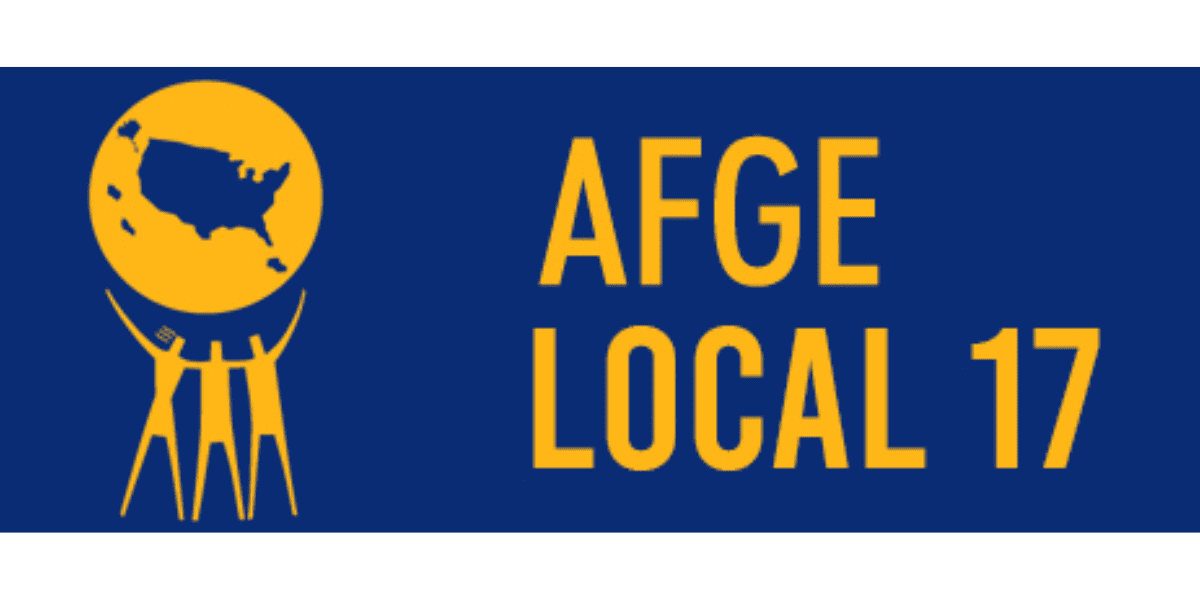The fine print in the president’s announcement that he’s appointing Andrew Maunz to the Merit Systems Protection Board is causing some head scratching. Would Maunz be joining or replacing the only current member?
It was widely reported at the time of the announcement that Maunz would join current member Mark Robbins on the board, which at full strength has three members. But language in the announcement seems to suggest otherwise.
The announcement indicated that Maunz’s term, if approved by the Senate, would begin March 1 and expire in 2025. Turns out that’s the continuation of Robbins’ term, meaning he would need to exit if Maunz enters.
Too Late to Change?
Bill Wiley, a San Francisco-based attorney and former chief counsel to the MSPB chairman, appears to be the first person to catch the discrepancy.
MSPB terms are staggered, and the other terms expire in 2021 and 2023. Having two empty seats means the board can’t issue any final decisions on federal workers’ appeals of employment actions.
Maunz could fill one of those seats without displacing Robbins if the initial announcement was made in error, Wiley told Bloomberg Law.
The White House didn’t respond to requests for comment.
The MSPB seemed to acknowledge the confusion.
“Assuming the White House announcement is correct, that term is the one that Acting Chairman Robbins is currently in,” a spokesman said, without further comment.
Who Stays Longer?
The administration’s announcement said Maunz would be vice chairman upon Senate confirmation. This raises the question of why the White House is giving Maunz the longest term available on the board, Wiley said.
“All other things being equal, a president would want the chairman in the longest term,” he said.
One possibility is that the administration is planning to name someone else chairman and that person doesn’t want to serve seven years, Wiley said.
“I’ve heard that there may be some other names being actively considered at the White House,” Wiley said.
Cheri Cannon, another former chief counsel to the MSPB chairman, told Bloomberg Law March 6 that the board has a significant backlog of cases and Maunz “will have an entire roomful of documents” waiting for him if he’s confirmed.




